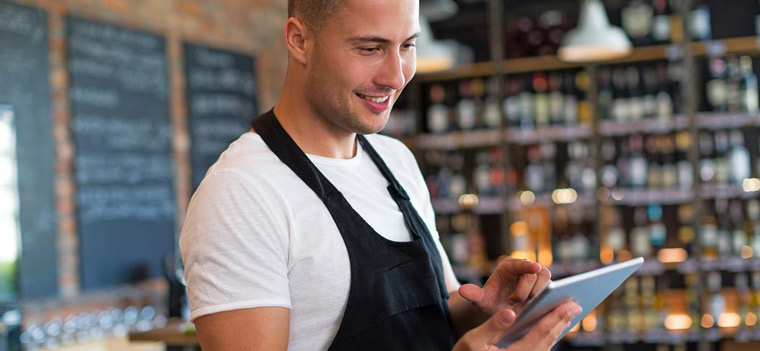Cleaning up our act

Restaurants and bars are having to work harder than ever to attract footfall. Opening a new venue isn’t the only way to achieve growth, to succeed you must focus on sustainability, offer and experience.
Traditional boardroom dictates of making a buck whatever the cost is thankfully changing as decision makers realise an ‘anything goes’ mentality is no longer the golden ticket to success. Consumers want to relate to brands that have ethical values with a purpose, so business can no longer be purely about delivering share value to investors.
And there’s something very reassuring and hopeful in this change of mindset, even if it’s being driven by growing consumer and government pressure.
The total amount of avoidable food wasted in the UK every year from the hospitality sector is one million tonnes (source: WRAP). Government is also placing increasing emphasis on tackling the issue, with hospitality, retail and food operators being asked to sign a pledge to half food waste by 2030 and have 50% of the UK’s largest food businesses measuring, reporting and acting on food waste this year.
The call has been made by environment secretary Michael Gove and the government’s food surplus and waste champion Ben Elliot at the Step up to the Plate symposium, held at London’s V&A museum which is also hosting the FOOD: Bigger than a Plate exhibition.
The good news for hospitality operators is the solution isn’t rocket science – it’s largely down to good stock and order management. Careful menu planning and recipe modelling are key by considering the carbon footprint of the products you use, minimise waste through portion sizes, operate strong kitchen management and good stock control.
In summary, it’s all about having access to real time data on sales at point of service, purchase volumes and stock levels, together with the ability to control the purchasing of every outlet.
I saw this in action on a menu recently, where a high street casual dining brand was offering smaller plates, for smaller appetites. There wasn’t much of a cost incentive, so the margins were going to be very good, but it goes to show with simple, clever wording on a menu you can make a difference.
Bringing it back to stock and order, the difference that can be made by making small incremental improvements in your process can collectively have a big impact.
Sustainability benefits will be achieved in terms of reducing packaging, food waste and CO2 omissions, to name just a few. And when combined, these incremental savings stack up to not only make a significant contribution to the bottom line, but also to the corporate and social responsibility (CSR) objectives your customers (and government) increasingly expect of you.
For hospitality it’s never been easier through integrated technology, so that real-time data can be aggregated quickly to create comprehensive reporting in an easy to understand format. Taking an intelligent approach to wastage will not only reduce your impact on the environment but will enhance your ethical credentials, which are increasingly important to build brand loyalty and confidence.


